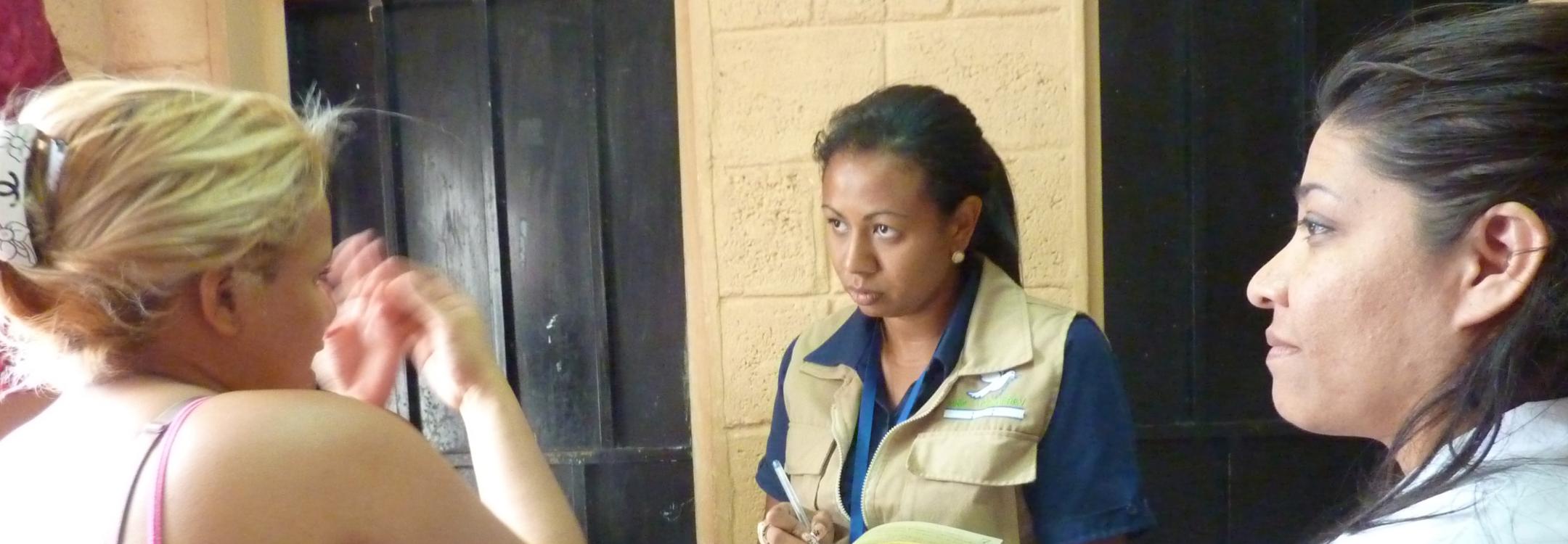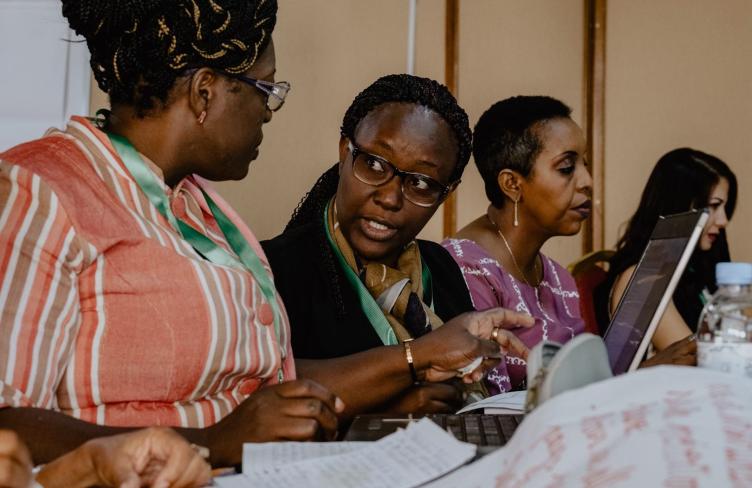The APT is able to operate globally thanks to the generous financial support of its donors.


Does torture prevention work? What measures are most effective to reduce the risks of torture?
These important questions were the subject of a landmark study published in 2016: Does Torture Prevention Work? The study was commissioned by the APT and led by respected academics. It reviewed data from 16 countries, spanning three decades from 1985 to 2014, using a combination of qualitative and quantitative methods.
The research provided, for the first time, empirical evidence to demonstrate that prevention measures reduce the incidence of torture and ill-treatment.
FINDINGS
Torture decreased in all 16 countries and “a general decline in the incidence of torture has probably occurred beyond the 16 countries studied”.
Concrete measures, applied in practice from the first moments of a person's detention, such as access to a lawyer and notification of family, are the most effective in reducing torture.
Transparency in places of deprivation of liberty, through unannounced visits and interviews in private with detainees, also reduces torture and ill-treatment.
There remains a significant gap between law and practice in relation to torture prevention and there continues to be an over-reliance on forced confessions.
INFORMING POLICY AND INTERVENTIONS
Since its release in 2016, the research has shaped the work and strategies of international and regional human rights bodies, as well as civil society organisations and academics.
This includes the call in 2016 by the UN Special Rapporteur on torture for international guidelines on safeguards and non-coercive interviewing, which led to the development of the Méndez Principles on Effective Interviewing. The UN Human Rights Council has also adopted two resolutions on safeguards and on policing.
At the national levels, oversight bodies – in particular, national preventive mechanisms – have increasingly focused on the way detention safeguards are implemented in practice, especially during the first hours of custody.
The findings from the research underpin the APT’s Strategic Plan and our work and partnerships across the globe.
“It is the first evidence-based feedback on the many efforts of national and international actors in the field of torture prevention. The findings of the research can provide concrete and actionable material for those who work in the field of torture prevention, enabling them to focus on and invest in what works.”
The study was conducted independently from the APT. The lead researchers developed the methodology, selected the countries to be studied and nominated each of the country researchers.
The research examined qualitative and quantitative data from: Argentina, Chile, Ethiopia, Georgia, Hungary, India, Indonesia, Israel, Kyrgyzstan, Norway, Peru, Philippines, South Africa, Tunisia, Türkiye and the United Kingdom.
The APT provided support and advice to the lead researchers and country researchers, as required. The research was undertaken with support from an APT donor and published by Liverpool University Press.
The APT published a briefing paper examining key aspects of the research findings in Yes, torture prevention works (2016).

The APT is able to operate globally thanks to the generous financial support of its donors.

Join our mailing list to receive monthly news and updates about torture prevention.